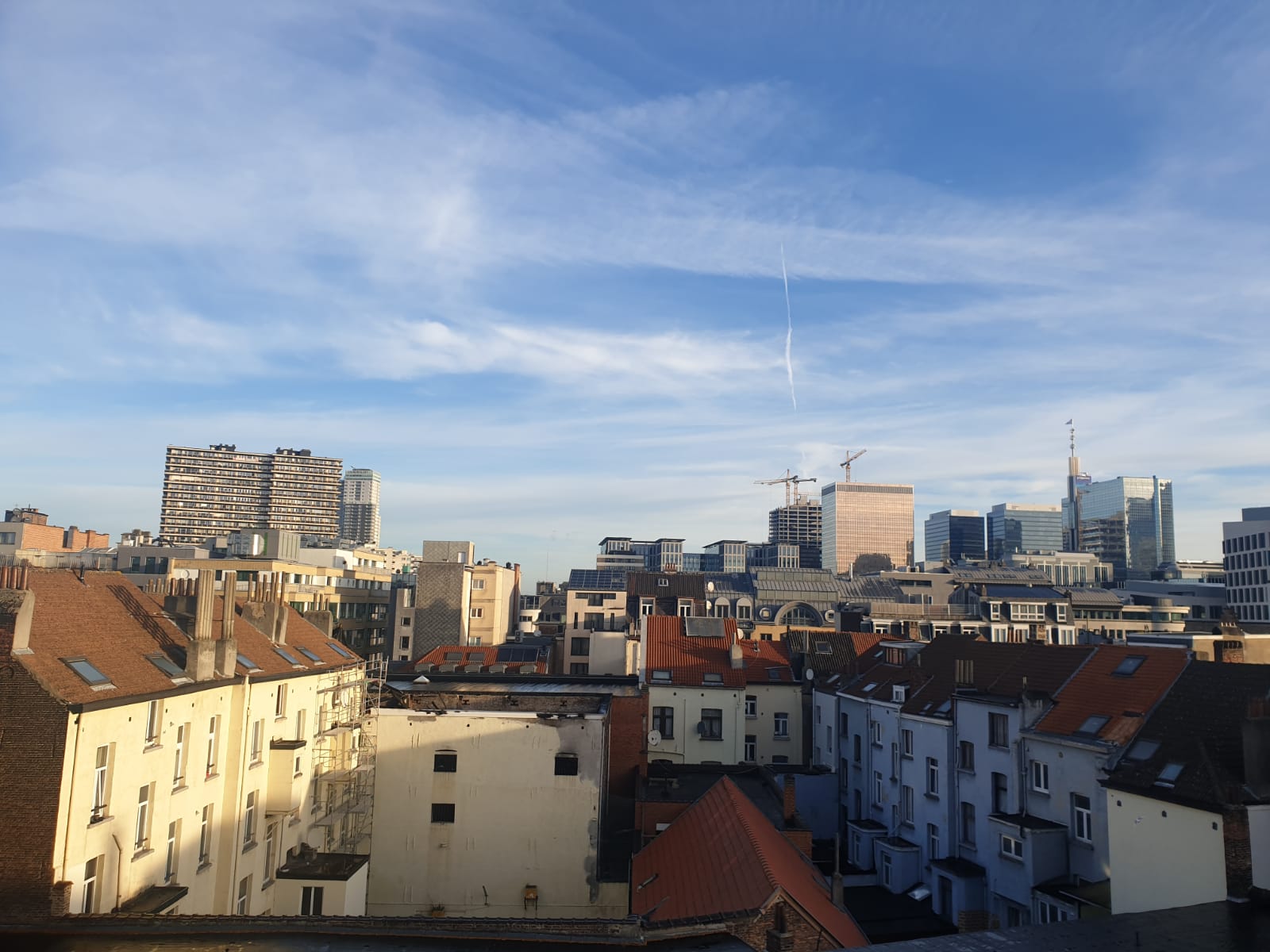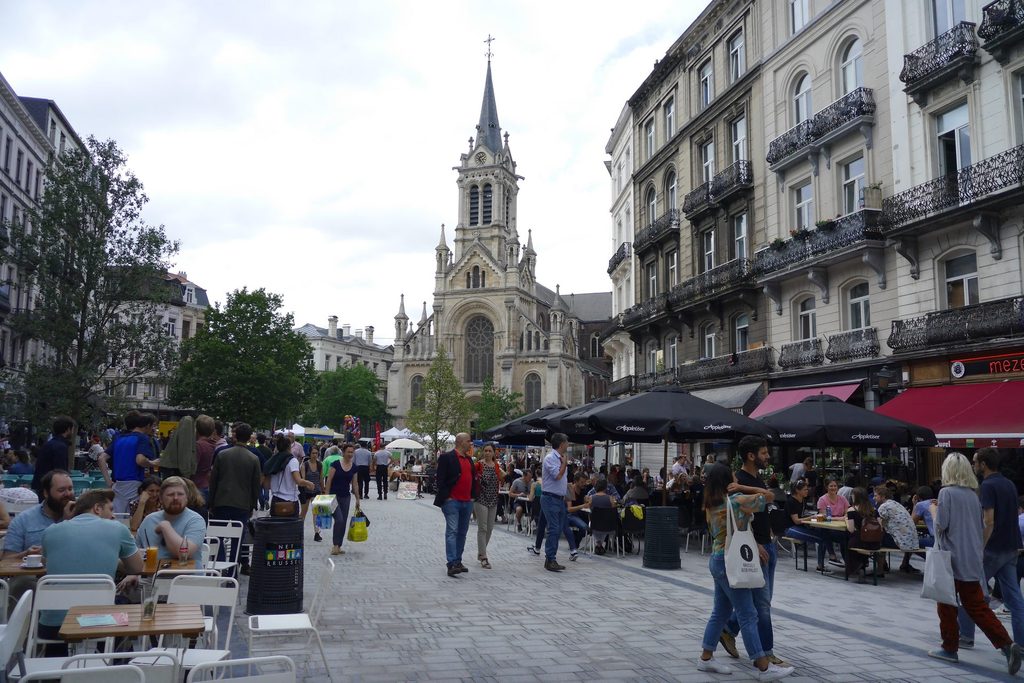Brussels authorities have long taken issue with Airbnb and are stepping up measures to regulate the activities of the multinational rental platform. Key to their argument has been that Airbnb attracts lower-value tourism and drives up prices for local renters.
To highlight the effect on the rental market, researchers from VUB have studied data in the neighbourhoods with the highest concentration of Airbnbs. Their findings indicate a direct correlation between the number of properties on the platform and prices paid by local tenants. The results are especially pertinent as the city raises concerns that some property owners use Airbnb as a business venture rather than source of occasional income.
Airbnbs are most concentrated in the touristic centre (Bruxelles 1000), the European district (Schuman and Leopold Park), and Ixelles and Saint-Gilles. In these areas, professor of sociology Pieter-Paul Verhaeghe concluded that "an increase in Airbnb density was indeed associated with a significant increase in average rents."
Charting the trends
Working with data from 2015 to 2020, Verhaeghe analysed the effect that Airbnb concentration had on a neighbourhood's average rental prices. This accounted for the type of property as well as market developments in the neighbourhoods.
Across the Brussels-Capital Region, Airbnb density (measured by listings per 100 households) increased between 2015 and 2017 before stabilising at around 2.3 in 2019. This fell to 2.14 in 2020, as the pandemic and the travel restrictions curtailed tourism across Europe.
The study charted this rise and decline in listings against rental prices between 2016 and 2018 (the rise of Airbnb in Brussels), and then between 2018 and 2020 (during which listings fell slightly).
In line with Airbnb density, the monthly rent per bedroom rose from €365 in 2016 to €460 in 2018. It then fell to €428 in 2020. The study concludes that for every Airbnb per 100 households there is an average increase of 1.6% on the local rental market. With some neighbourhoods in central Brussels measuring Airbnb densities above 20, the cumulative impact on local housing is major.
"It is remarkable that we already find a significant effect in such a short period," said Verhaeghe, adding that the inflationary effect observed in Brussels is in line with similar studies carried out abroad. This is of course driven by the fact that more Airbnb listings that are entire flats constricts the local housing market.

Credit: Lauren Walker / The Brussels Times
An end to the golden days?
The study echoed previous findings in other major cities: there has been a marked rise in the number of hosts renting out multiple properties at the same time on Airbnb and landlords increasingly prefer the lucrative short-stay market to long-term contracts.
This signifies a departure from the founding Airbnb philosophy of being a convenient means for people to earn additional and occasional income.
The City of Brussels specifically is pushing back against this, with measures to clamp down on abuses of rental platforms and getting tougher on illegal hosts. Last week an entire building with illegal tourist accommodation was sealed near the Grand Place for this reason. The owner has several properties in the historic centre which he offers professionally on Airbnb without the necessary paperwork.
Related News
- Entire building with illegal Airbnb flats sealed in Brussels city centre
- Airbnb makes gains across Belgium but business in Brussels slows
- Will tougher regulations for Airbnb make Brussels better for locals?
Last month, City authorities won a legal battle on proposed changes to the law, paving the way for stricter measures against "illegal Airbnbs". Anyone in the capital wishing to rent their property on Airbnb (or similar sites) must register with the region and undergo a series of checks.
This will also ensure that all properties rented on Airbnb conform to the building's urban permit (permis d'urbanisme).

